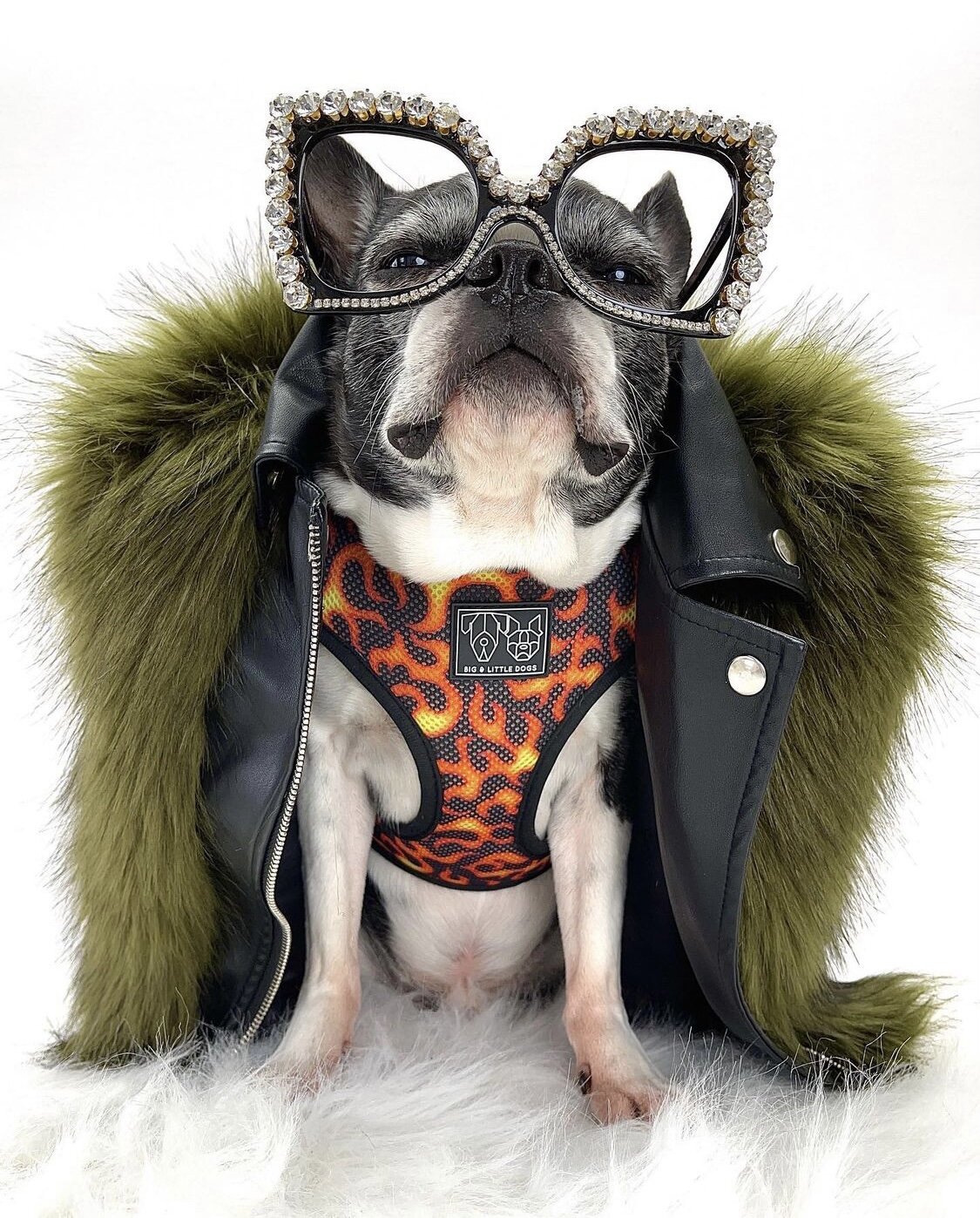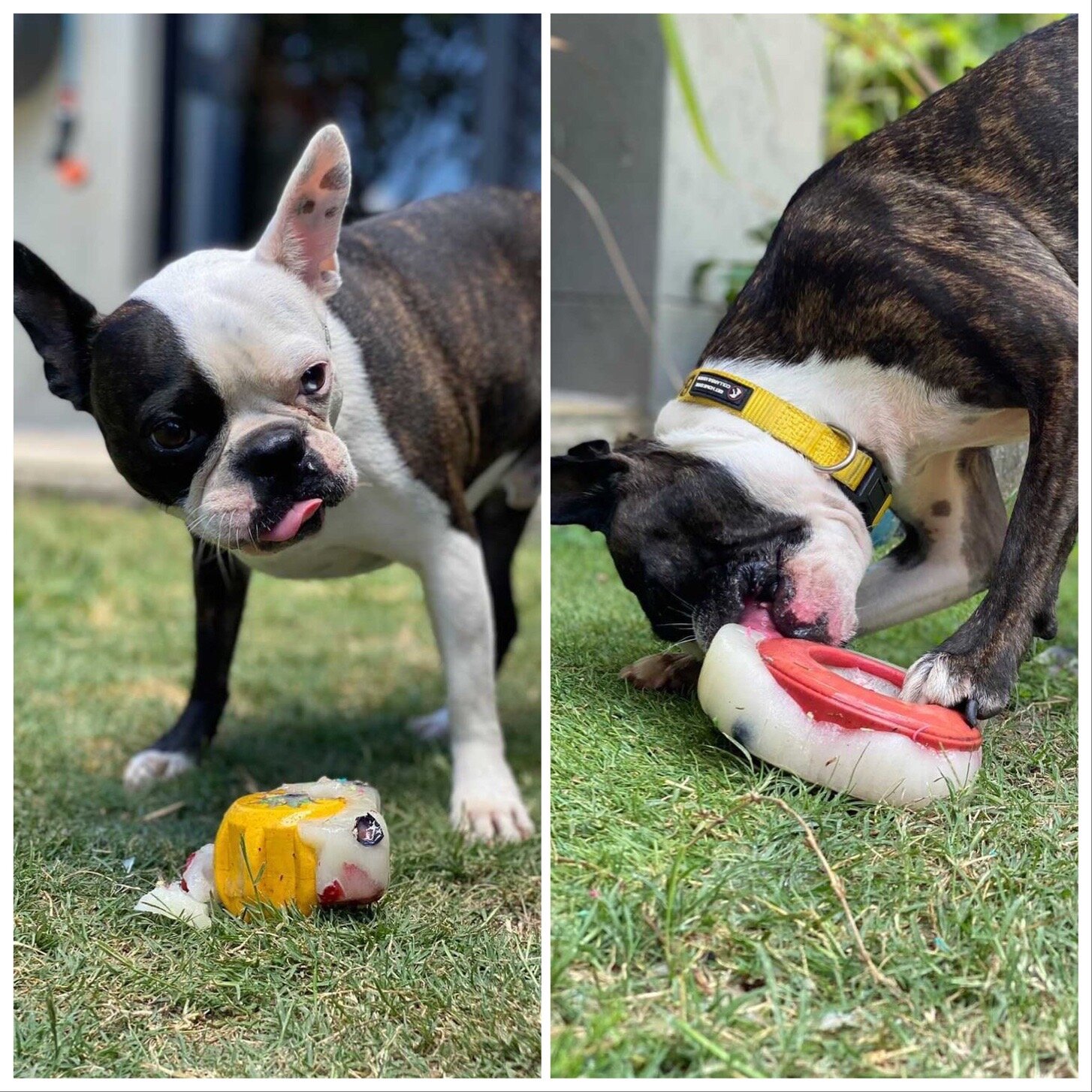Just like Oprah we also have a list of our favorite things. We’ve compiled the ultimate list of gifts for you and your pups for the holidays.
Photo Credit: Dog Quality
Dog quality dogger stroller
The Cadillac of all dog strollers the Dogger is hands down the best stroller out there. This stroller is great, the basket sits high up so your pup has a great view of everything going on (and closer to whatever food their humans are eating). Equipped with rear suspension the Dogger can be taken off road or even on the bumpiest of city sidewalks. Not just for senior or disabled dogs you can use your Dogger for puppy socialization, or you can use it for times when you want to bring your pup for an outing but also want to make sure they have somewhere safe to retire to. We own this stroller and it’s seriously the best thing ever. It has more than paid for itself with the amount of use it’s gotten. We take it everywhere and it’s so nice to know that my senior dog has somewhere safe to stay when out and about.
natural dog company snout soother
Does your pup’s nose get dry and cracked in the winter? Then this Snout Soother is for you. Natural Dog Company makes it easy for you to help your pup’s dry cracked snout. The snout soother helps alleviate any pain and discomfort pups may feel from the effects of winter. It’s no secret that a dry nose is no fun.
A new Strap harness from frenchie
Photo Credit: Frenchie
If you’re anything like us one harness is never enough. We love the Frenchie brand harnesses because they always have super cute prints. Just in time for the holidays Frenchie has released this super cute strap harness. Your dog will be the talk of the town in this harness. These strap harnesses are great for bigger pups too because they’re completely adjustable. They can fit even the chonkiest of boys.
Photo Credit: 2 Dogs Treats
A subscription to 2 dogs Treats Just beef
What pup doesn’t love treats? We love 2 Dogs Treats because they’re locally made in Dorchester and they have a variety of treats for any pup. Whether your pup has an allergy to chicken or beef 2 Dogs Treats has something for you. They’re all natural, made with human grade meats and fish. The best part is you can find these treats at many local dog stores like Pawsh. So treat your pup to something yummy and healthy for them at the same time. Your pup won’t be disappointed.
Westpaw toppl
Do enrichment right with the Westpaw Toppl. These are great for short nosed dogs because they can stick their entire face in the the top to get every last bit of food out. Designed for moderate chewers the Toppl is a fun way to get your dog working for their food. Made in the USA, dishwasher safe, the Toppl even floats so your pup can bring it in the water with them.
Photo Credit: Sniffingtons
sniffingtons dipper tripper for your westpaw toppl
Looking for a fun addition to your Toppl while also being functional? Look no further than the Sniffingtons Dipper Tripper. These Dipper Trippers are so cute and a great way to make sure that the food you stuff in your Toppl doesn’t fall out. Get one for every occasion to up your enrichment game. While you’re at it grab some flavored bubbles too for even more fun.
my boston says hi to your boston hoodie
Cozy up to winter in this awesome hoodie from our shop. Whether you’re at home lounging or running errands about town you’ll be warm and stylish in this hoodie. What better what to rep BTB than with our own merchandise. This hoodie comes in sizes S to 2XL. Air-jet spun yarn with a soft feel and reduced pilling and a double-lined hood with matching drawcord this hoodie is a MUST for any Boston pawrent.
show us what you got
Did you get something special for your pup for the Holidays? Show us on Facebook or Instagram























